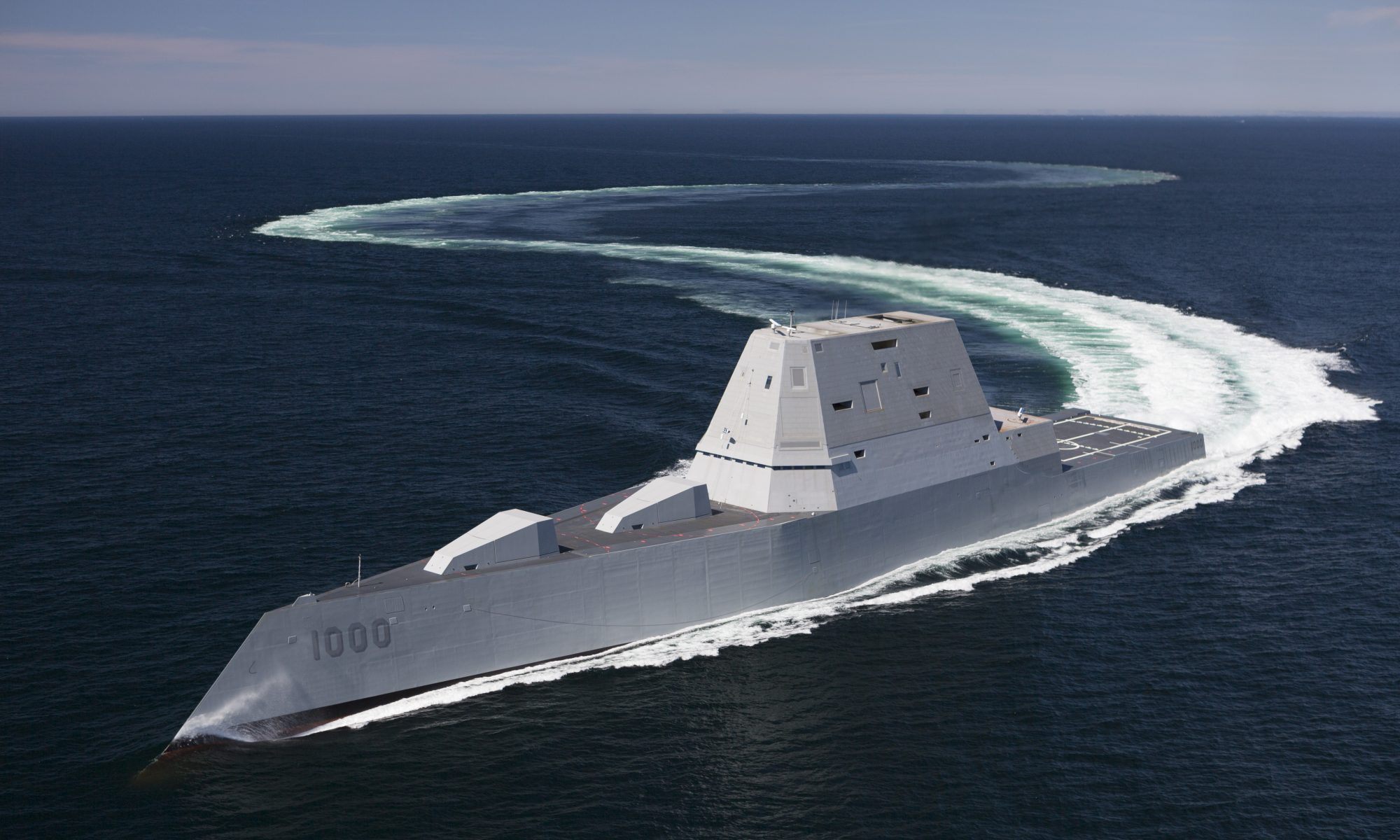Anti-Ship missiles have been shown to cause massive destruction in a short period of time.
Ever since missiles were developed, guns lost their role as primary weapons in naval warfare. These missiles could reach farther than the guns and hit the target with an accuracy which was unimaginable using large caliber guns. As seen in the wars in the second half of the 20th century, the use of missiles in naval warfare tipped the balance of the conflict towards the user. Anti-Ship missiles have been shown to cause massive destruction in a short period of time. They have also become easy to purchase, mount in ships and launch them towards targets. This called the need for defensive systems which could effectively destroy these missiles before they could destroy the target ship. I have covered anti-ship missiles in detail in my earlier article here, and I suggest you read it to get a good idea about them.

Destruction caused by an AShM impact on a ship
The Russians were the first to deploy Anti-ship missiles on a large scale. They deployed them on small missile boats, destroyers, cruisers and submarines. The Americans in contrast were able to deploy on a large scale, their Anti-ship missiles only 20 years later. But during these 20 years, they concentrated on developing surface to air missiles with which they could shoot down Anti-ship missiles. By the 1980’s, the US Navy had deployed dozens of ships equipped with long range radar and SAM equipped and completely networked air defense ships. These were specifically built to shoot down anti-ship missiles which the US Navy considered as a threat to their feet of carriers and destroyers.

Air launched Klub AShM
Anti-Ship missiles have speeds varying from 800-3000 km/hr depending on their propulsion. The western navies were using subsonic anti-ship missiles while the Asian navies prefer supersonic anti-ship missiles. Each country has specific defenses against these missiles based on the kind of threat they expect to face in their surroundings. The US Navy and the European navies focused on creating defense systems which can protect their ships from supersonic Russian missiles. The Russians focused on defense systems to protect their ships from Western subsonic missiles. These navies also developed multiple layers of defenses which could shoot down any incoming anti-ship missile. The fact that these missiles can be launched from multiple platforms makes it even more difficult to detect and shoot them down.

Speed is however just one factor. The flight path of the anti-ship missile plays a major role in its effectiveness. When a missile approaches its target ship, it’s either flying at a medium altitude of around 200 m, sea skimming at around 5 m or high diving from 10-20 km. Most modern missiles however prefer the sea skimming approach as it’s the hardest to detect and strikes the ship just above the water line and makes it more likely to sink. These missiles can’t be detected until they are 20-40 seconds from impact. This gives a very small window during which the ship must acquire the incoming missile on its radar and engage it. This is where layered defense proves its ability.

Harpoon missile just before impact
However, the steps involved in shooting down a missile remain the same no matter what its speed or flight path is. The main steps involved in shooting down a missile are
- Detection
- Tracking
- Shooting
- Using long range SAM
- Using medium range SAM
- Using short range SAM
- Using medium caliber gun
- Using small caliber gun with a high rate of fire
- Electronic jamming and countermeasure
- Passive countermeasures like chaff and flares
This order is of great importance if you want to be successful in shooting down several missiles which have been launched at the target. The target ship is rarely equipped with all the systems mentioned above. Most of the warships possess only a couple of defense measures against incoming anti ship missiles. This may allow them to shoot one missile down easily and two missiles if they are lucky. But to ensure the protection of a target ship, a layered air defense system is a must.
Using missiles and guns to engage missile is the hardkill method which involved the use of a kinetic projectile to destroy the incoming kinetic projectile. Using chaff, flares and jammers to confuse and misguided missiles is called the softkill method as there is no physical object which is used to kinetically shoot down the incoming missile. Both these methods are used when the ship is under attack by an anti-ship missile.
In the following article I will deal with detection, tracking and engaging the missiles with guns, SAMs and countermeasures.


good bt didn’t included deep knowledge..
LikeLike
This is an introduction. The following articles will have in depth information.
LikeLike
Very informative thanks
LikeLike
Hello N.R.P can i have your e-mail id so i can discuss some matters with you ?
LikeLike
Defencyclopedia@gmail.com
LikeLike
nice, love reading ur posts will be waiting for next…
LikeLiked by 1 person
Good Luck US Navy carriers.. For incrimentatl increase in missile technology the defense needs expodential increase in technology and money to shoot one down. The ruskies are about 30 years ahead of USA in antiship missile development. Harpoon is 70’s technology however there isn’t a navy in the world that is against us navy and navy has not faced enemy since battle of phillipines methinks. That is why sea services are concentrating on warfare on land masses.
LikeLike